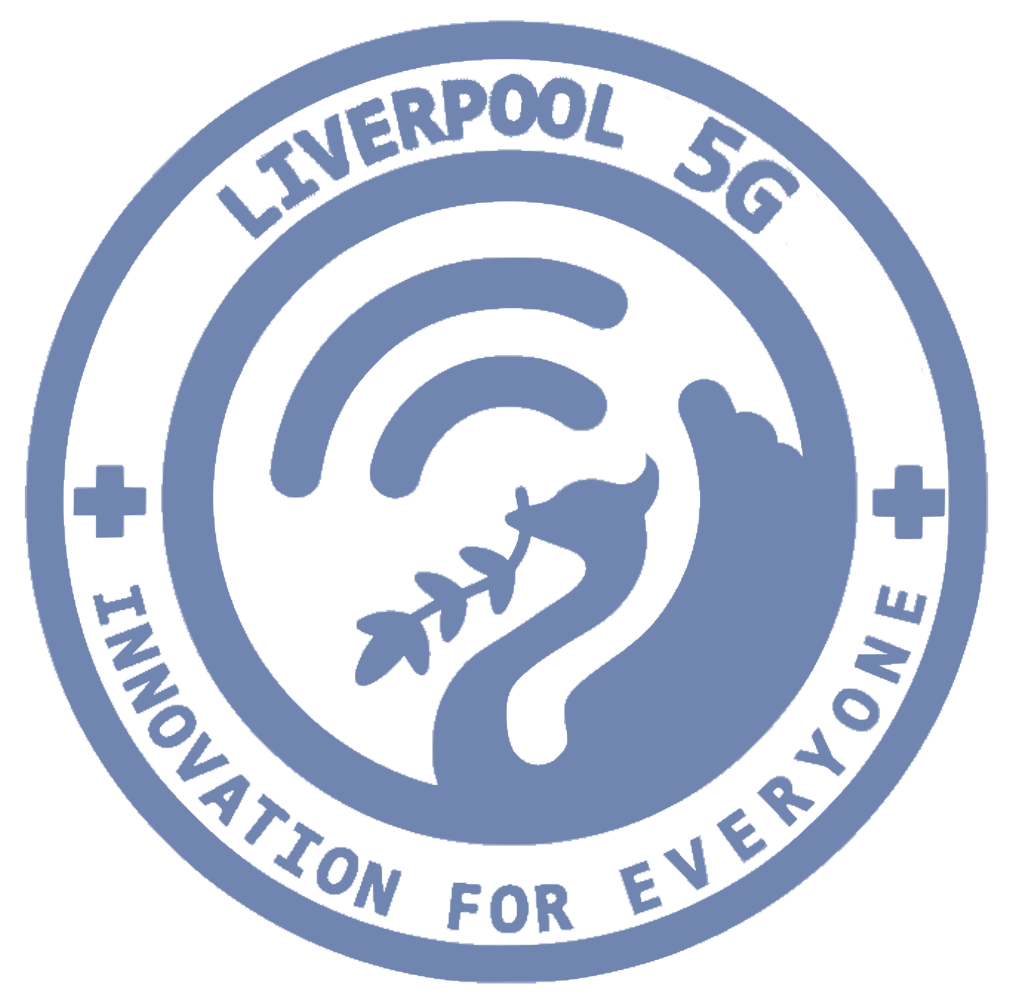Liverpool City Region HDD
Background
Funded by Department for Science, Innovation and Technology (DSIT), the Liverpool City Region HDD (High Demand Density) project runs from September 2023 to March 2025.
Liverpool 5G is working with the University of Liverpool Department of Electrical and Electronic Engineering, to provide overall project management, repeating the model that was used successfully on the previous Liverpool 5G Create: Connecting Health and Social Care project.
The project consortium is led by the University of Liverpool Department of Electrical and
Electronic Engineering, in partnership with Telet Research (N.I) Ltd, Qualcomm Technologies International Ltd, Radisys UK Ltd, Attocore Ltd, iTS Technology Group, Asset Market , Liverpool John Moores University, CGA Simulation Ltd and Liverpool City Region Combined Authority
Other consortium members include Liverpool 5G Ltd., Atticus Technology, the Hartree Centre, Weaver Labs and ARO
Aims
The Liverpool City Region HDD project aims to showcase the benefits of Open RAN (Open Radio Access Network) technology in optimising real-world performance in high-connectivity environments. Open RAN is seen as a way to enhance the UK’s connectivity infrastructure by enabling networks of low-cost, power-efficient, and unobtrusive small cells to meet the demands of high-density areas.
The Liverpool City Region HDD project will initially test the Open RAN technology in a simulated environment before trialling it at five test bed sites across the region, including a mixture of indoor and outdoor sites with a variety of uses, to see if the new HDD network can easily, safely and securely provide connectivity to high number of users in the same environment. The project emphasises collaboration with national and private networks to understand their needs and encourage participation through trials in a controlled environment.
The focus is on delivering competitive solutions with mmWave technology and simulation, providing workable models for the adoption of Open RAN in the UK and overseas markets. They aim to quantify and explicitly demonstrate the benefits to mobile communications markets and overcome challenges in assuring local authorities and asset owners of sustained economic and social benefits. The project team plans to showcase agile, easily managed, and secure networks in and around the Liverpool region.
